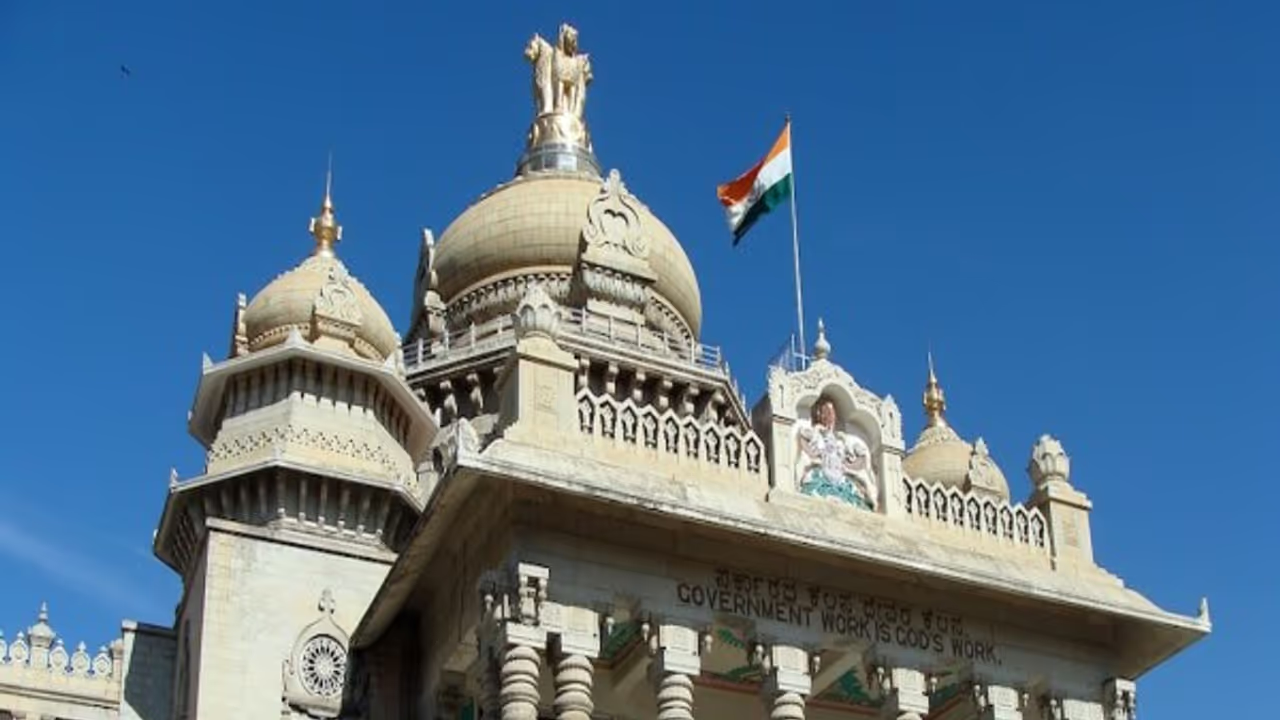The Election Commission has issued a notification to the effect of one election for three seats. That means, each MLA will get to cast three votes (one for each seat) giving an upper hand to the coalition. But cross voting can prove dearer to the government.
By-election for three seats for Legislative Council will be held on October 3. Election is being held to fill three casual vacancies in the State council.

The last date for filing nomination is September 22, the same will be scrutinised on September 24. September 26 is the last date to withdraw nominations.
Election to these seats became necessary after current Home Minister, G Parameshwara of the Congress; K S Eshwarappa and V Somanna of the BJP resigned from their seats in the Council after getting elected to the Legislative Assembly and the seats fell vacant. All three leaders had tendered their resignations on May 24, 2018.
The catch is that the Election Commission has issued a notification to the effect of one election for three seats. That means, each MLA will get to cast three votes (one for each seat). Though BJP is the largest party with 104 MLAs, Congress and JD(S) with 78 and 37 MLAs (115 MLAs) are set to win the three seats.
However, sources said that BJP plans to make three candidates stand for the election and will try to divide the votes. It is also said to be counting on chances of cross voting by disappointed MLAs of Congress and JD(S).
It can be noted that one of the three-time MLAs (from Congress) MTB Nagaraj has openly stated that he will quit Congress if he is not given any ministry during the Cabinet expansion, that is scheduled for next month. Many one-time MLAs are chosen over MLAs who won multiple times, and this is not right, Nagaraj had said.
Thus BJP is counting on such MLAs to win the seats in Council election.
Currently, Karnataka Legislative Council comprises of 75 members. One-third of its members retire every two years after completing the term of 6 years. Of the total number, 25 are elected by the MLAs, 25 by local authorities, 7 each by the graduates and teachers and 11 are nominated by the Governor.
